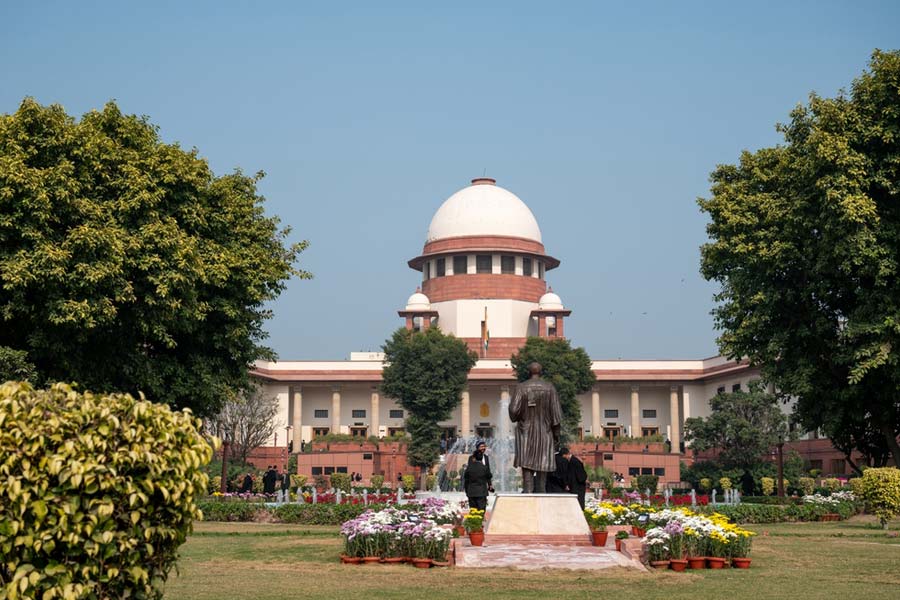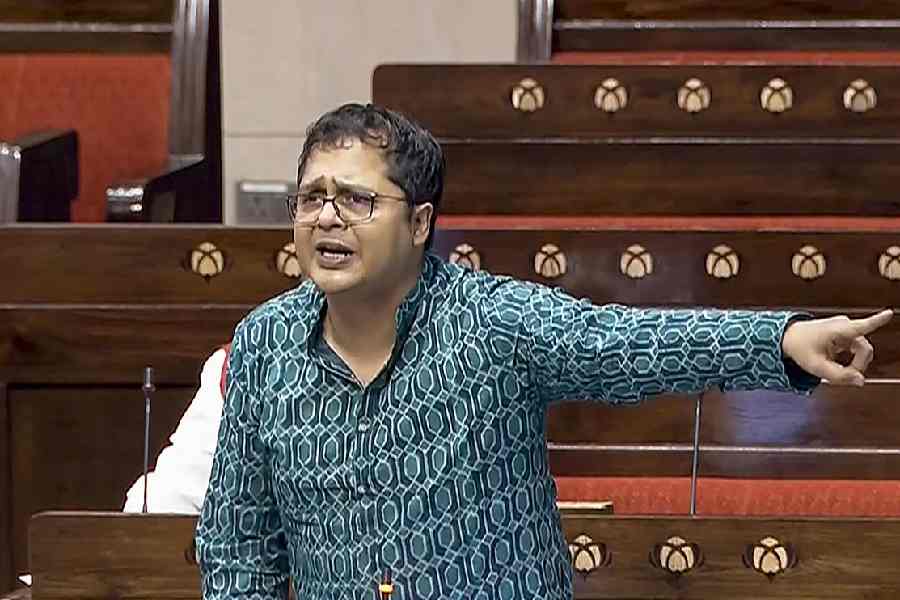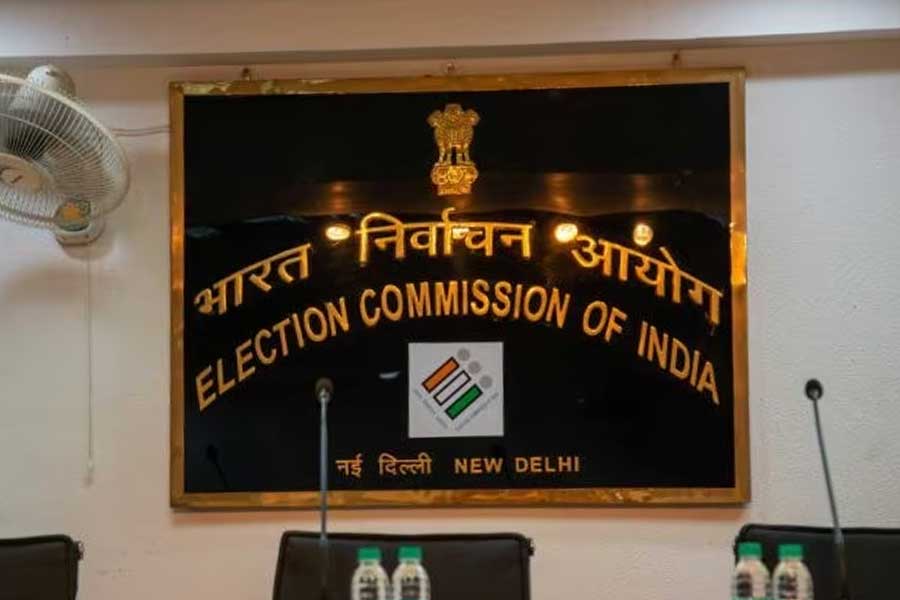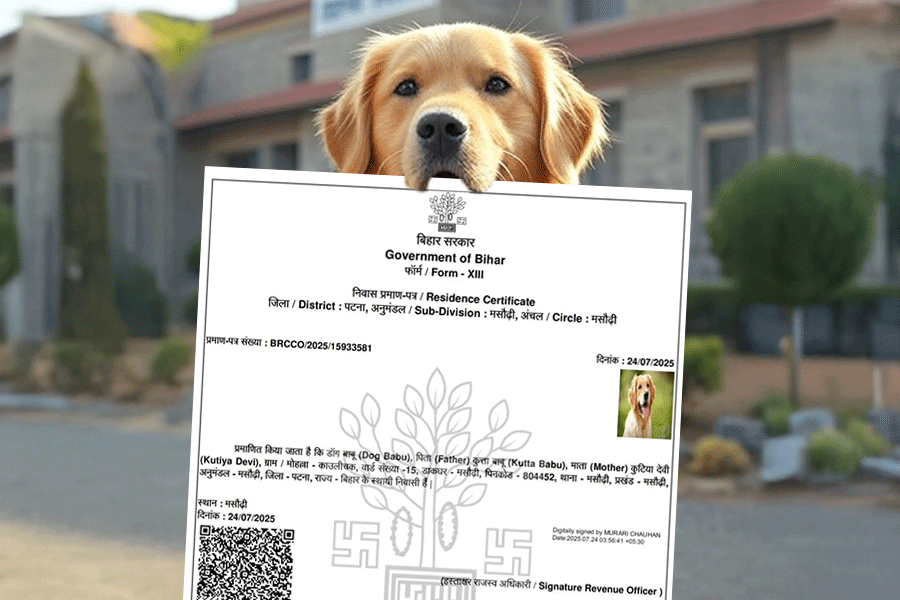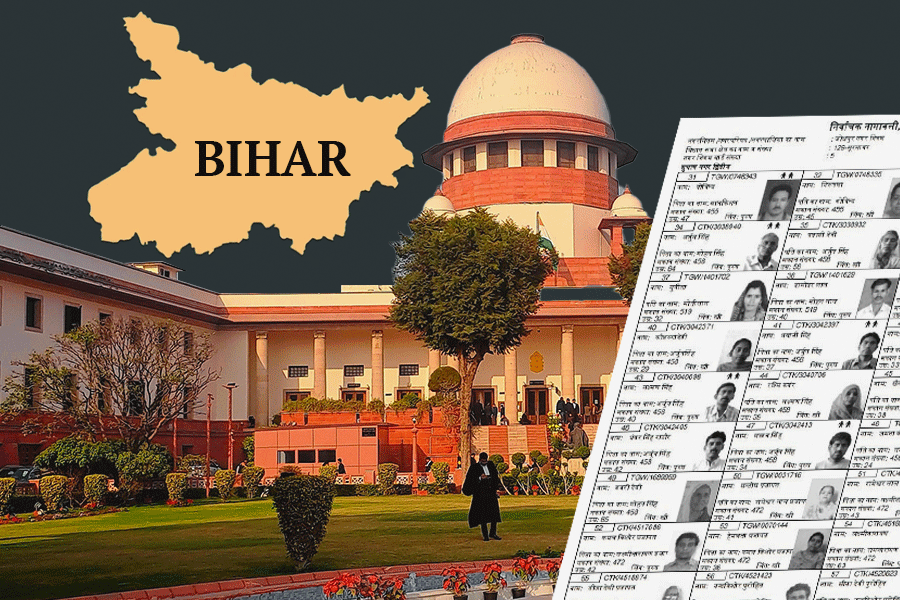The Supreme Court on Monday refused to stay the publication of draft electoral rolls in poll-bound Bihar saying it would once for all decide the pleas against the Election Commission's special intensive revision (SIR) of electoral rolls.
A bench of Justices Surya Kant and Joymalya Bagchi said it would fix on July 29, the time schedule to conduct the final hearing of the matter.
Senior advocate Gopal Sankaranarayanan, appearing for an NGO, said the electoral rolls should not be finalised in the interim and there should be an interim stay on the publication of the draft rolls.
The bench observed the last order of the top court noted the petitioners not pressing for an interim relief and, therefore, it couldn't be done now and matter would be interpreted once for all.
It asked the poll panel to continue accepting Aadhaar and voter ID for the SIR exercise in Bihar in compliance with its order saying both documents had a "presumption of genuineness".
In a hearing on Juy 10, the Supreme Court had advised the EC to consider accepting Aadhaar cards, ration cards, or previously issued voter ID cards as valid identification for voter verification. However, the EC has maintained in its response that no one can be added to the voter list solely based on these documents, as verification must comply with legal protocols.
The court said it prima facie agreed with the order of the top court and the EC accepted in its counter affidavit that Aadhaar, voter cards and ration cards were required to be accepted.
“As far as ration cards are concerned we can say they can be forged easily but Aadhaar and voter cards have some sanctity and have presumption of genuineness. You continue accepting these documents,” the bench said.
Justice Kant further impressed upon the ECI that instead of "en masse exclusion", there should be, "en masse inclusion."
Senior advocate Rakesh Dwivedi, appearing for election commission, said Aadhaar was not a proof of citizenship and voter card was not relied upon as it was a revision exercise or else there was no use of such an exercise.
Justice Kant then remarked, "Any document on earth can be forged. The election commission can deal with cases of forgery on a case to case basis. Instead of en masse exclusion it must be en masse inclusion." Justice Bagchi, on the other hand, referred to the election commission saying none of the 11 documents referred for SIR were conclusive and asked why couldn't someone uploading only Aadhaar be included.
The petitioners had questioned the timing and legality of the revision exercise, arguing that the EC initiated an extensive revision process in a poll-bound state without sufficient safeguards or public clarity.
Among other things, the petitioners contend that the SIR process is hasty and likely to disenfranchise crores, especially Muslims, Dalits, and poor migrants.
Further, they challenge the shift of burden from the State to the citizen to prove their eligibility and point to the exclusion of Aadhaar and ration cards, even though Aadhaar has a wide use in Bihar and was accepted for the 2024 general elections.
It is argued that in Bihar, a state with high poverty, illiteracy, and migration, the ECI-mandated documents, such as passports, birth certificates, matriculation certificates, permanent residence certificates, and others, are not widely available.
The petitioners also claim that this is the first time when the ECI is asking people who have voted multiple times to prove their eligibility, failing which their names may be deleted.

